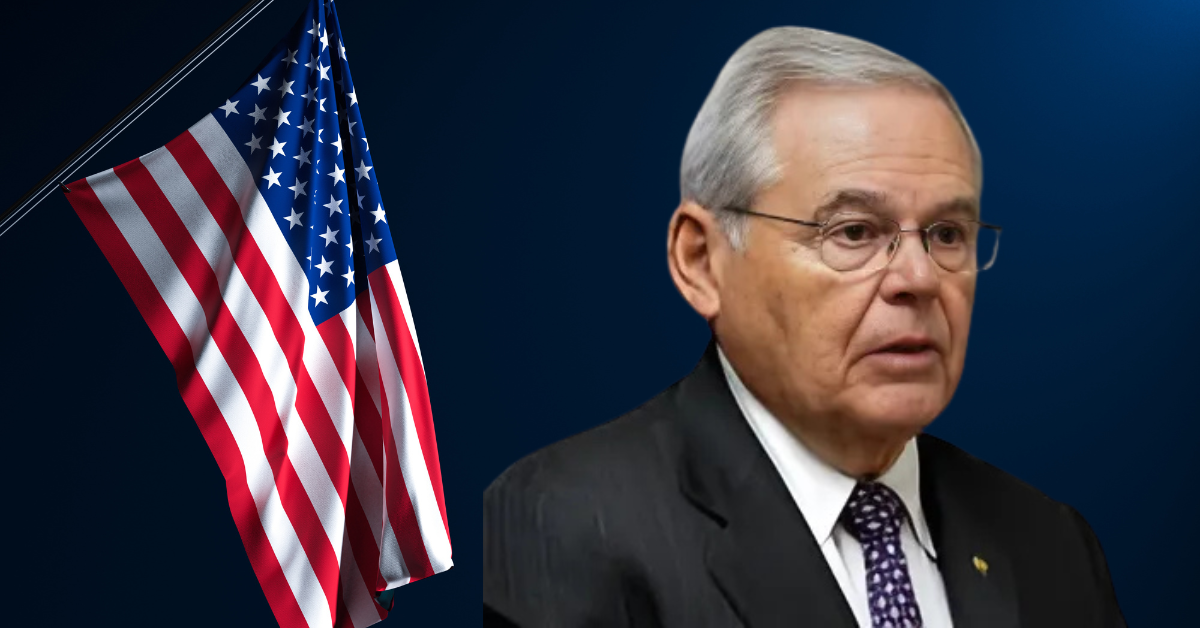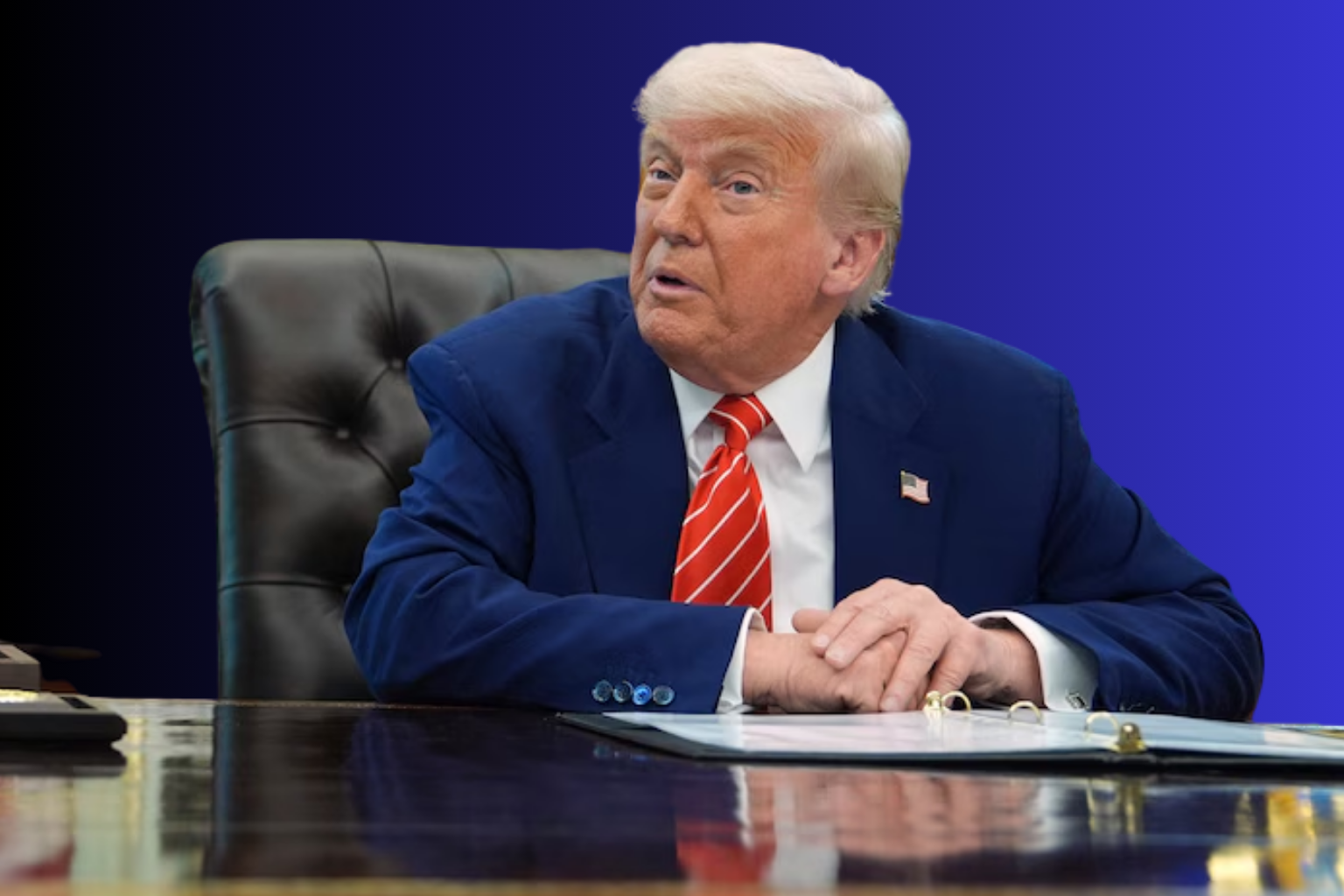Foreign Bribery Scandal: Menendez in Prison While Key Players Go Unpunished

Foreign Bribery Scandal Still Unfolding as Menendez Serves Prison Term
While former U.S. Senator Bob Menendez is now behind bars serving an 11-year sentence for corruption, the people and entities who helped orchestrate the bribery scheme remain largely untouched — and in some cases, still thriving. This troubling reality has left many wondering why the foreign actors and their American partners have escaped significant consequences.
Menendez was found guilty after a long federal investigation showed that he had taken expensive gifts and bribes in exchange for political favors. He used his power to change U.S. policy toward Egypt, which has been criticized for imprisoning and torturing anyone who disagree with the government.
How a Foreign Government Gained Influence
Court evidence painted a disturbing picture: Egyptian officials sought to exploit Menendez’s position to gain inside intelligence and to ease restrictions on arms sales that had been placed on their government due to its record on political repression.
One key player in the scheme was IS EG Halal, a New Jersey-based company that was granted an exclusive monopoly in 2019 to certify U.S. food exports to Egypt as halal. Prosecutors alleged that this monopoly was intentionally created to funnel money that would be used to bribe Menendez. Records from the trial indicated that some payments to Menendez and his wife were made directly from the company’s accounts in 2019 and 2021.
The company’s chief executive, Wael Hana, was convicted alongside Menendez. Evidence showed Hana responded to requests from an Egyptian intelligence official with the phrase “orders, consider it done.” Despite his conviction, the company itself has faced no criminal charges — an unusual omission in cases involving corporate wrongdoing.
The Bribers Remain Largely Untouched
In the aftermath of Menendez’s indictment, there were temporary moves in Washington to withhold U.S. aid to Egypt. However, those restrictions are now set to be lifted by the current Republican-led Congress — potentially granting Egypt even more than what it had sought through the bribery scheme.
The U.S. government has not punished any Egyptian officials involved in the case, even though their names have been made public through trial records and news reports. The U.S. Treasury and State Departments can freeze their assets and stop them from coming into the nation, but they haven’t done so yet.
Meanwhile, IS EG Halal has not distanced itself from Hana. After the trial, the company issued a statement confirming that Hana would remain as “chief advisor” and that there would be “no changes” to its operations. Reports suggest that Egyptian officials have even lobbied for a presidential pardon for Hana.
A Weakening Fight Against Corruption
Critics say the federal government’s response to this case reflects a broader retreat from fighting corruption and foreign influence. The Justice Department’s Public Integrity Section, which prosecuted Menendez, has shrunk. American rules against bribery of foreign officials are weaker.
This has raised concerns that the U.S. is sending a dangerous message: corrupt politicians may face jail, but their foreign co-conspirators can operate freely.
Why New Jersey Might Need to Step In
Given the federal government’s inaction, some believe it is up to state authorities to take the lead. New Jersey has laws against official bribery and racketeering that could potentially be applied to companies like IS EG Halal, which is still based in the state and still holds its lucrative monopoly with Egypt.
The state legislature could summon the company’s leaders to answer questions about what measures — if any — they have taken to prevent future corruption. Considering the company’s operations extend from Australia to Germany to Brazil, the implications reach far beyond New Jersey.
The Bigger Picture
While the image of gold bars hidden away in a senator’s home has become the lasting symbol of the Menendez scandal, the deeper issue is America’s growing vulnerability to foreign influence. Without decisive action against the bribers, this vulnerability will persist — and potentially worsen.
Holding corrupt politicians accountable is vital, but stopping the people who enable and fund that corruption is just as important. Until that happens, the Menendez case will remain an unsettling example of how incomplete justice can be.
Sources:
U.S. Department of Justice
U.S. Department of the Treasury
U.S. Department of State




